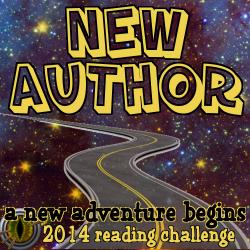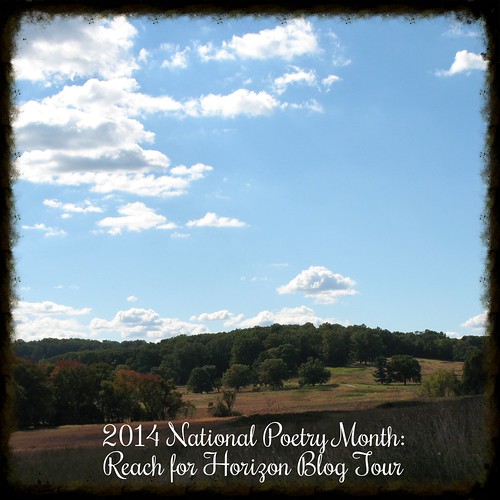
Paperback, 80 pgs.
I am an Amazon Affiliate
Bargaining with the Fall by Alison Palmer is a deeply personal collection about loss, grief, and the impact it has on those left behind. The opening poem, “The Sky Only Teaches Me Uncertainty,” sets the tone for the collection, a struggle with debilitating grief and uncertainty, a deep enveloping emptiness left by a departed father. The poet says, “I’m a done-in-soul without you.” Grief is like that. All consuming and seems never-ending, which it is, though the grief does change over time.
Imagine grief before a loss, watching a loved one struggle to survive. “I start to breathe like you; water moves/over your gills in my mind. I implore myself, stop//pacing, but I already saw you die/once.” (“Your Memory Moves in Me Like a Shark Must”, pg.8) Grief in memory, grief in the moment, grief as it happens. Emotions are unexpected and invasive.
Salvation (pg. 31)
What more could you have done to obey; the sum
of your parts down to zero: I'm reduced to photographs—
from the corner of your eye, reverence,
for what? Rusted nails, your weight, wooden staircase—
I don't bend my knees in prayer, next to you, I don't
believe you'll be protected: such guttural sounds—Oh,
Lord or Anyone listening? Deliverance gets lost
along the way, the ambulance arrives an hour later—
Faith in the body owes us nothing; we can't all be
spared: the night you fall, the night falls with you—
your blue eyes, the only beacons that speak
to me. I'm startled by how little they say—
As the poet moves through the collection, we’re taken on a journey to make sense of tragic, unexpected loss. It’s a hard road of what-ifs and surprise, even as the poet seeks to use an equation to understand it in “Behind the Conglomerate, a Backbone?” There is no understanding this kind of tragedy; it is unknowable, like grief, until you live it. Bargaining with the Fall by Alison Palmer is as heart-wrenching as it is beautiful in its questioning of loss and grief and what hollows it leaves behind. This collection has come at a very appropriate time in my life. Do not miss this collection.
RATING: Cinquain
Other Reviews:

Alison Palmer is the author of the forthcoming full-length poetry collection, Bargaining with the Fall (Broadstone Books, March 2023), the recently published poetry chapbook, Everything Is Normal Here (Broadstone Books, 2022), and the poetry chapbook, The Need for Hiding (Dancing Girl Press, 2018). To read an interview with Alison visit: www.thepoetsbillow.org. She was named a semi-finalist for 92Y’s Discovery Poetry Contest 2021 and was chosen for a 2022 Independent Artist Award (IAA) grant by the Maryland State Arts Council (MSAC).
Alison received her MFA from Washington University in St. Louis, and she was awarded the Emma Howell Memorial Poetry Prize from Oberlin College where she graduated with a BA in Creative Writing. Currently, Alison writes outside Washington, DC.






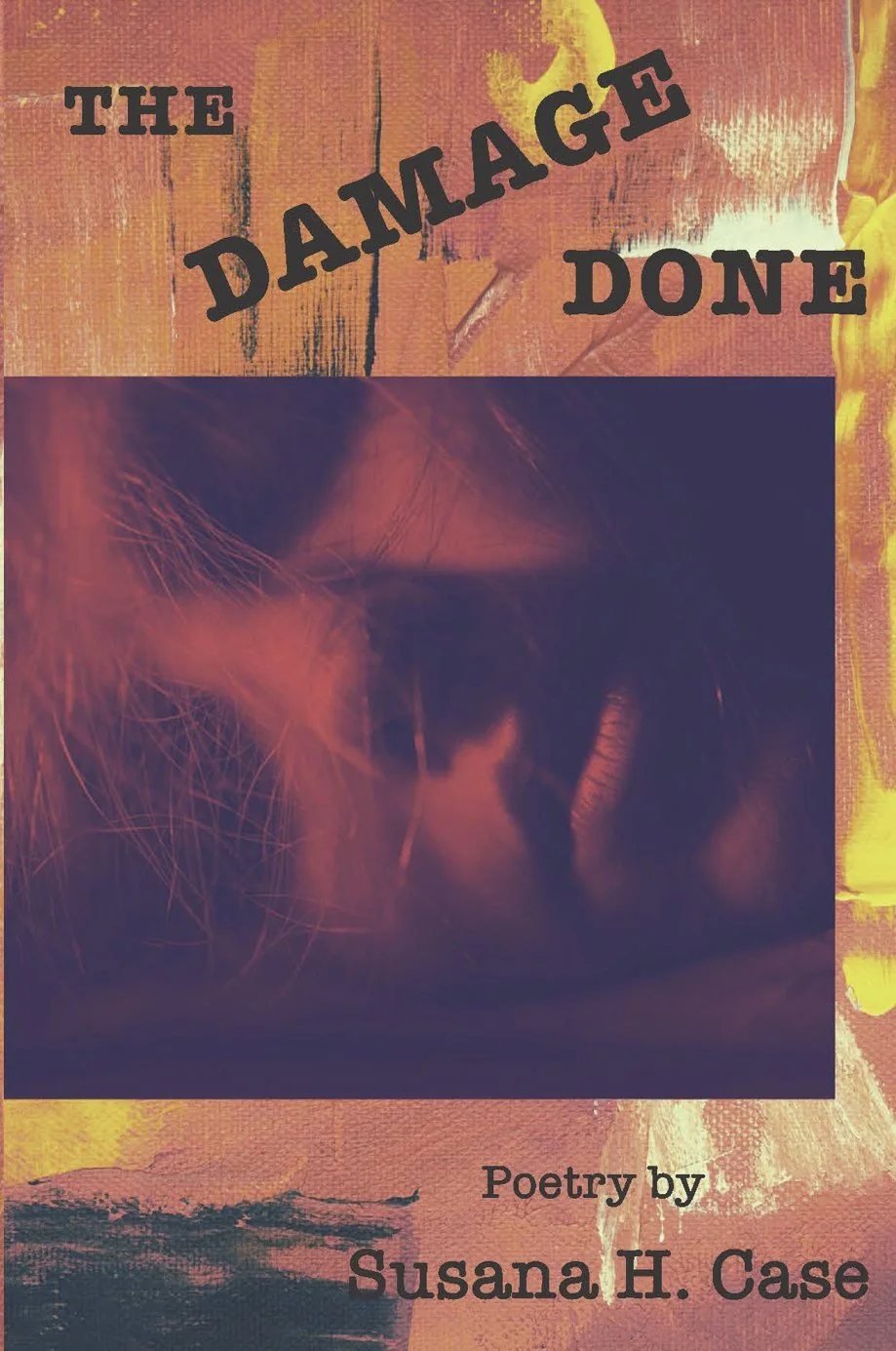
 About the Poet:
About the Poet:




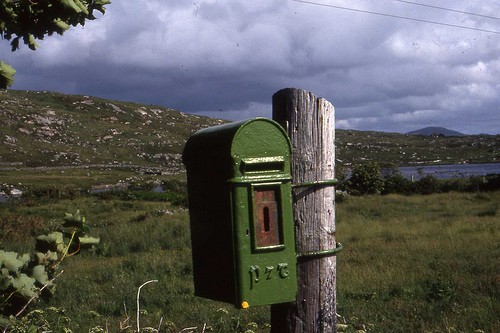

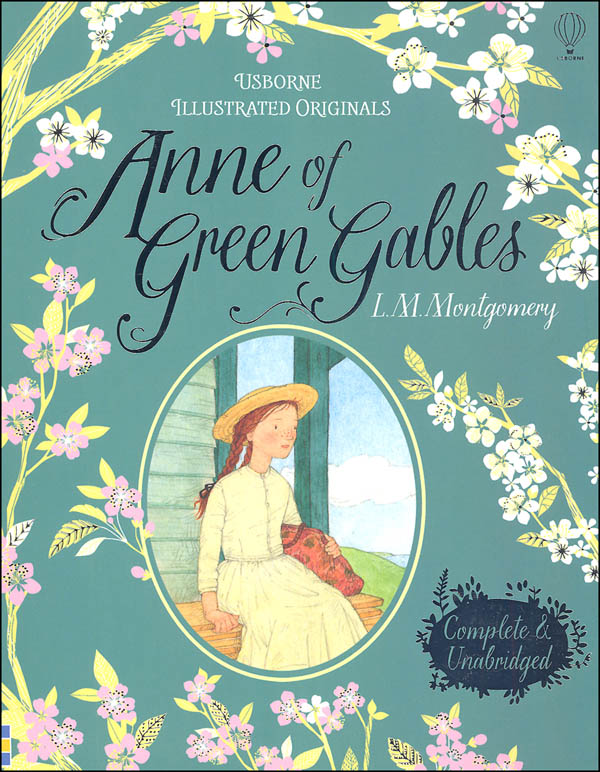
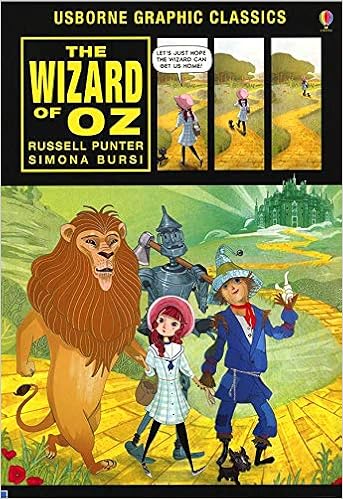


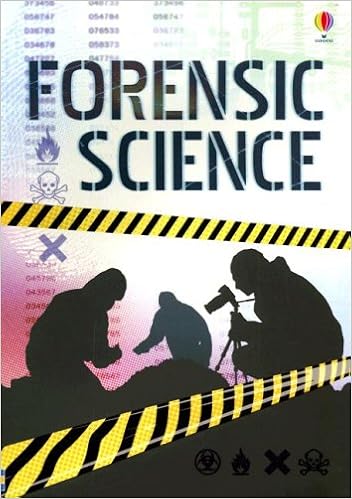
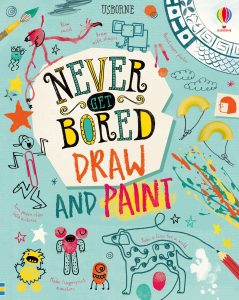




 About the Author:
About the Author:
 About the Author:
About the Author: